Building at the Intersection of AI+Climate
The Stanford Green AI Hackathon brings together an interdisciplinary group of students dedicated to developing tangible solutions that address the environmental impacts of AI and explore its environmental applications.
Tracks
Green-in AI / Powered by Microsoft
How can we make AI more sustainable and less resource-intensive?
Challenge Examples:
- Optimize training energy: Cut model training energy, emissions, and water usage.
- Model compression: Quantize, distill, and shrink pretrained models for real-world use.
- Hardware-aware software: Build efficient software that leverages emerging energy-saving chips.
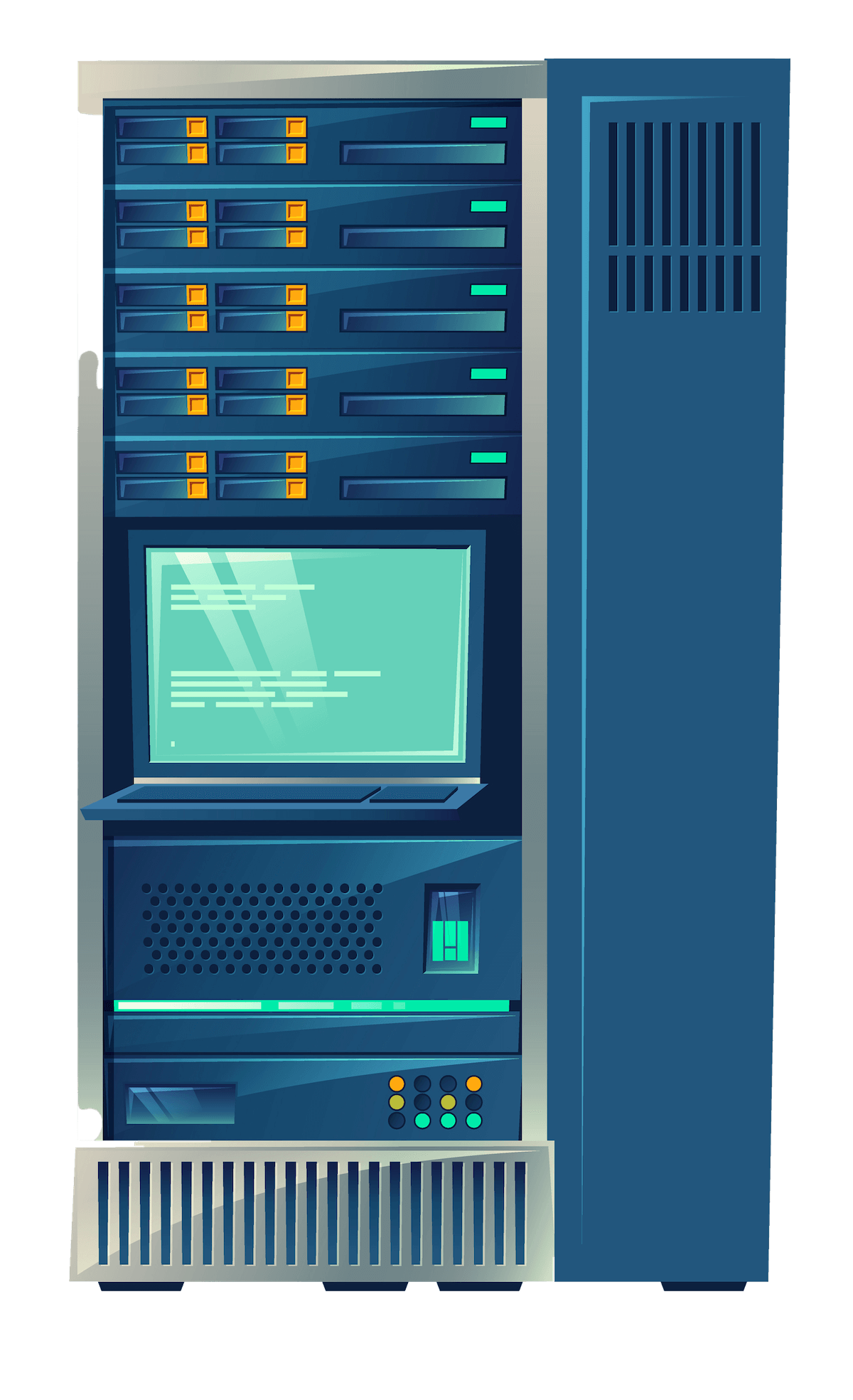
Green-by AI / Powered by Google Earth Engine
How can we use AI for Sustainable Development?
Use Google DeepMind's Alpha Earth Foundations to leverage geospatial AI for sustainable development.
Challenge Examples:
- Monitor deforestation: Analyze satellite data to detect illegal logging.
- Predict extreme weather: Use AI for early warning in climate-vulnerable regions.
- Smart delivery: Optimize food transport routes for reduced emissions.

Schedule
Friday October 24th
📍 Elliot Program Center

The workshop will introduce the AlphaEarth Foundations model from Google and DeepMind, and show how it can be used to build practical applications easily and effectively. We'll cover the goals of the model, a quick overview of how it was trained, and the Satellite Embedding dataset that is available in Earth Engine. We'll explore how it performs on real-life examples, and how to write code to perform a range of remote sensing tasks.
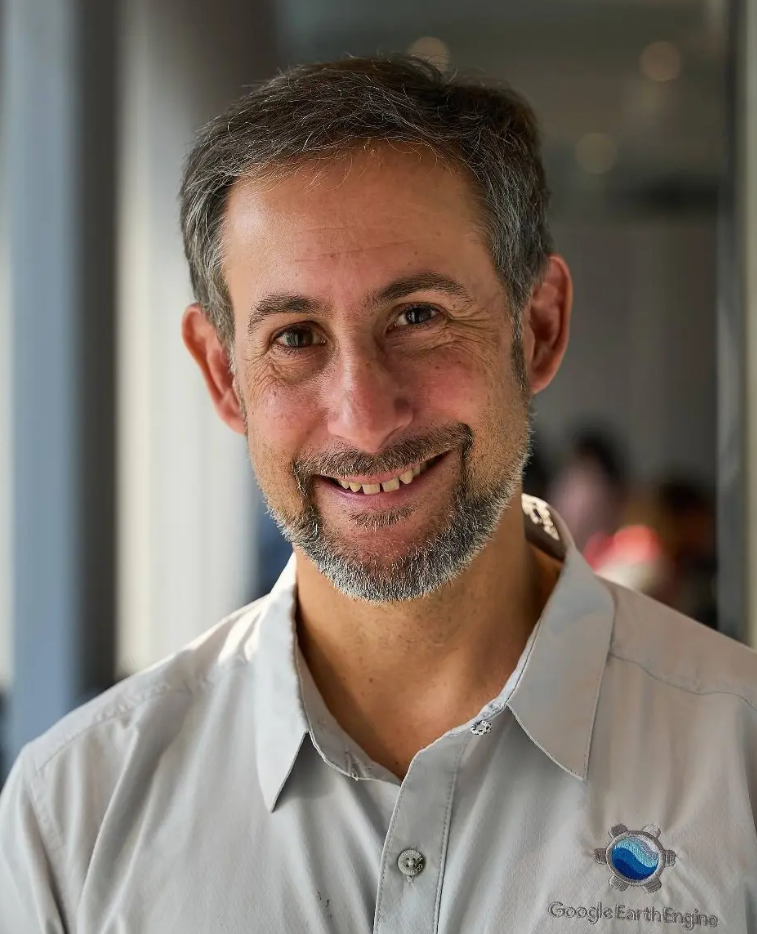

Melissa Lott
Partner GM of Energy Technology at Microsoft

David Gibson
Google Earth Engine Teams Lead

Katherine Li
Sustainability Technology and Business Analyst, Sustainability Accelerator
October 25th
📍 CoDa Simonyi Conference Center (Top Floor)

Pedro David Espinoza
Vice Chairman of Espinoza Group

Peter Sun
Founding Principal at Climactic
Moderator: Eva Geierstanger
Zoom LinkAlice Heiman
CS+Human & Planetary Health @ Stanford
Alice Heiman
CS+Human & Planetary Health @ Stanford
Presenter: Global Sustainability Challenge
Zoom LinkSponsors
This event is co-produced with Stanford Green AI and Explore Energy, as part of Stanford Climate Week 2025.
 Zero Hunger
Zero Hunger Good Health
Good Health Quality Education
Quality Education Gender Equality
Gender Equality Clean Water
Clean Water
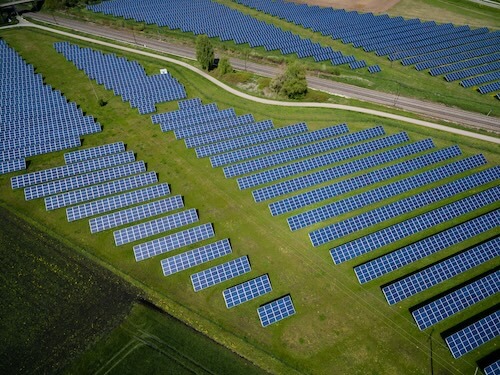 Decent Work
Decent Work Industry & Innovation
Industry & Innovation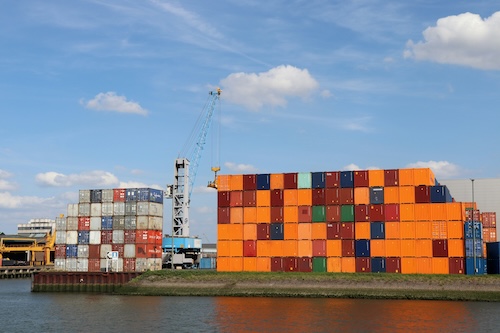 Reduced Inequalities
Reduced Inequalities Sustainable Cities
Sustainable Cities Responsible Consumption
Responsible Consumption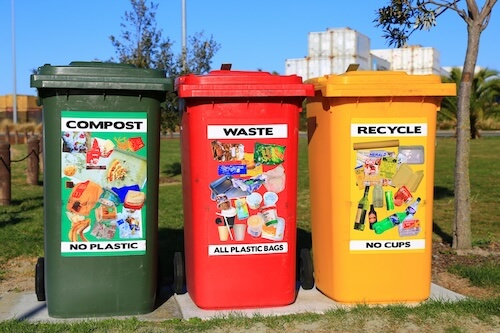
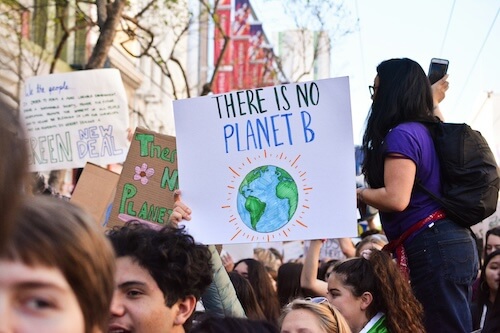 Life Below Water
Life Below Water Life on Land
Life on Land Peace & Justice
Peace & Justice Partnerships
Partnerships
Get Involved
Propose an AI + sustainability problem for participants to tackle
Share your knowledge and guide teams during the event
Support the hackathon as an organization and gain visibility
Share datasets or tools that could help teams develop solutions
We appreciate and acknowledge Microsoft for sponsoring this event.



